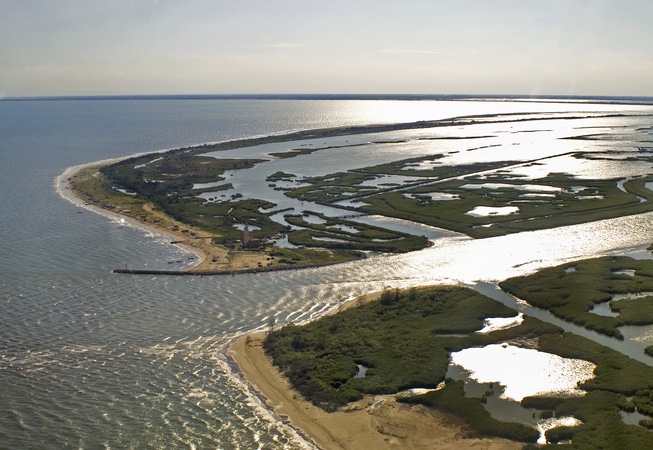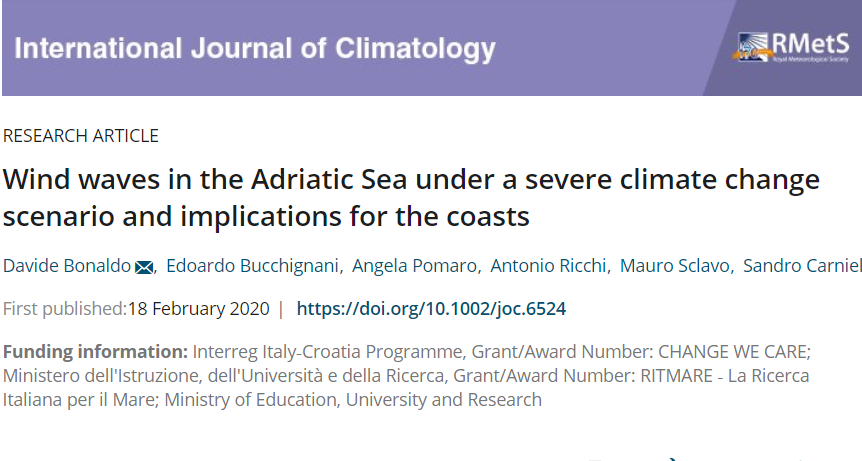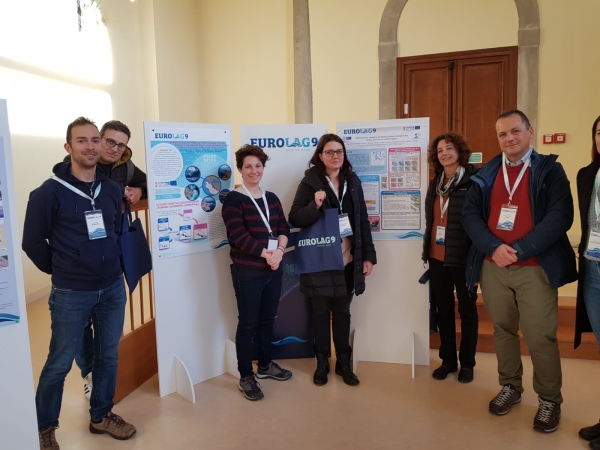Representative of Public institution for the management of protected parts of nature of Dubrovnik Neretva County, Ana Tutavac, presented a photo exhibition entitled ‘Delta Neretva – Valuable Habitat’, which will be open to visitors from 26 November to 26 December at the Metković Natural History Museum of Metković, Public Open University of Ploče and the Dubrovnik Neretva County building in Opuzen. The exhibition, consisting of 60 photographs, was organized in cooperation with the City of Opuzen, Public Open University of Ploče and Natural History Museum of Metković and it was aimed at educating and raising awareness among local populations and visitors about the natural values of the Neretva valley’s wetland habitats and importance of its conservation for the survival of plant and animal species, including humans.
Paola Marinović from Urbanex d.o.o. explained the present state and the potential scenarios for the impact of climate change on the site, presenting the key impacts of climate change on water resources, agriculture, fisheries and aquaculture, and biodiversity.
Prof. dr. c. Branko Glamuzina presented the key findings of the studies carried out on: 1. physico-chemical factors as a potential drivers of climate change in the ecological network River Neretva Delta 2. mapping of target fish species in the area of the ecological network Neretva Delta 3. socio-economic analysis of the fisheries sector of the ecological network Neretva Delta 4. fishery management study of ecological network Neretva Delta. During the presentations, the impact of climate change on the Neretva Delta areas was highlighted with a focus on the area’s biodiversity. In particular, the results of the research on physico-chemical factors as potential climate change drivers in the protected ecological network River Neretva Delta, allowed to determine the impact of of temperatures and salinity on the recent status of the native ecosystems. The mapping of fourteen target fish species, considered key species of protection in the mentioned ecological network, allowed to propose new levels of endangerment, main threats and necessary measures to improve the status of target species. The socio-economic analysis of the fisheries sector in the River Neretva delta examined the position of local fishery in relation to other economic activities over the past three hundred years and provided an overview of this activity today and its perspectives in terms of expected climate change. Finally the fishery management study of the ecological network Neretva Delta evaluated the development potential of freshwater sport fishing in the ecological network, from the aspect of economic benefits for the future fishing licence holder and restrictions arising from ecological network protection principles.
In the last part of the event, Paola Marinović (Urbanex d.o.o.) presented the Adaptation plan of the Delta Neretva explaining in details the methodology used with a focus on the participatory approach that was implemented. Five objectives were defined according to the vision of the area ‘Symbiosis of the river and people’: 1. Preserved and adaptable ecosystem, 2. Sustainable management of aquatic ecosystems, 3. Improving the functionality of important ecosystems, 4. Sustainable and resistant economy and 5. Aware and proactive population. During the event, measures and activities to achieve the stated objectives were presented. In addition, some amendments and additions to plan were proposed and it has been stressed the need to involve a wide range of stakeholders, in particular representatives of local self-government units, for the realization of the adaptation plan.
Here the follow-up report of the event.



